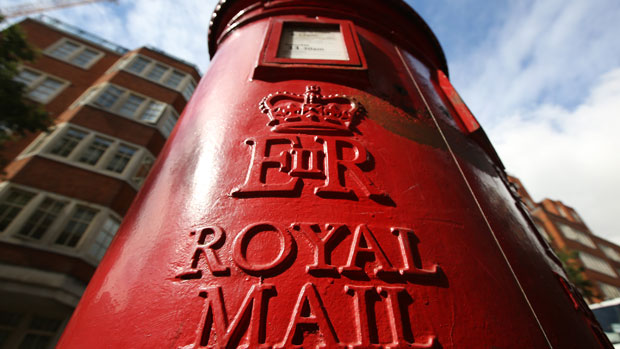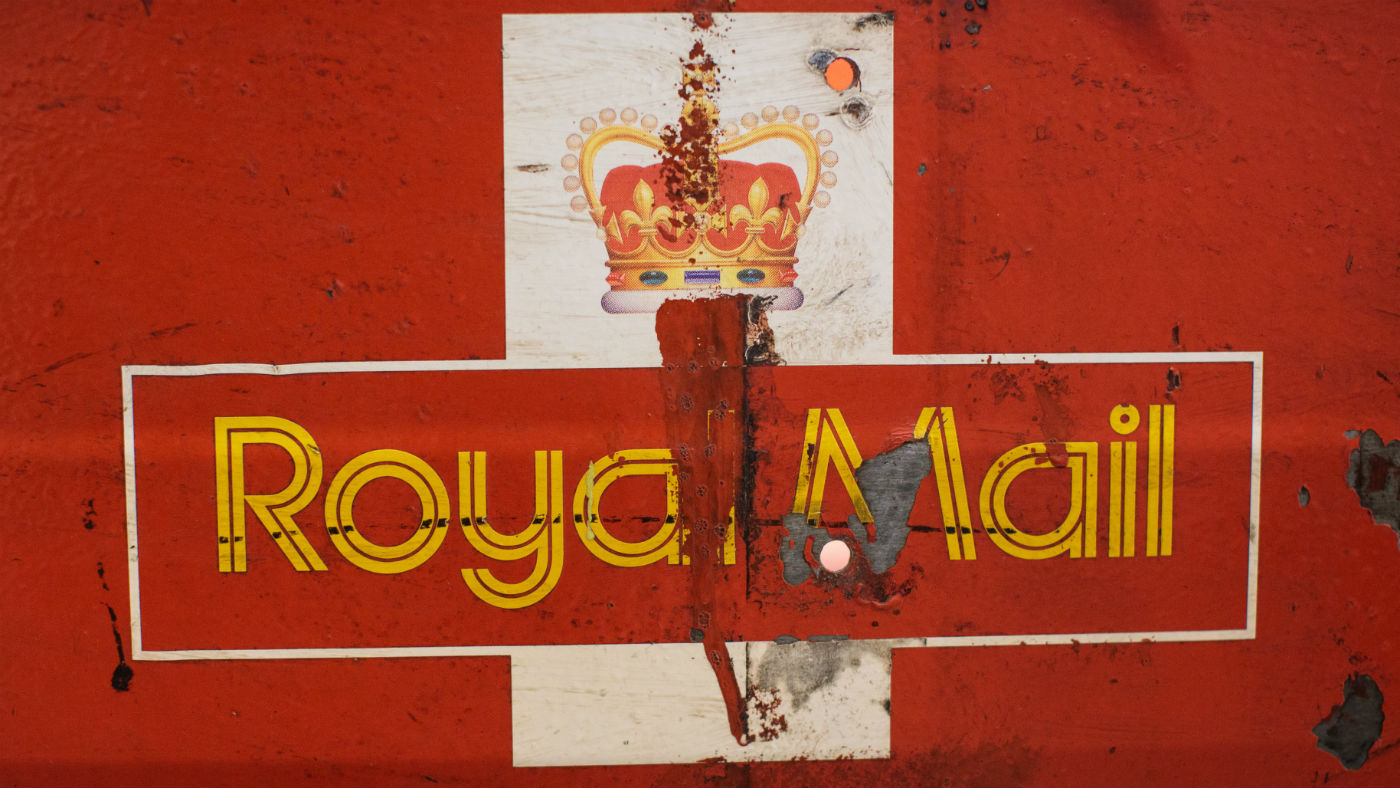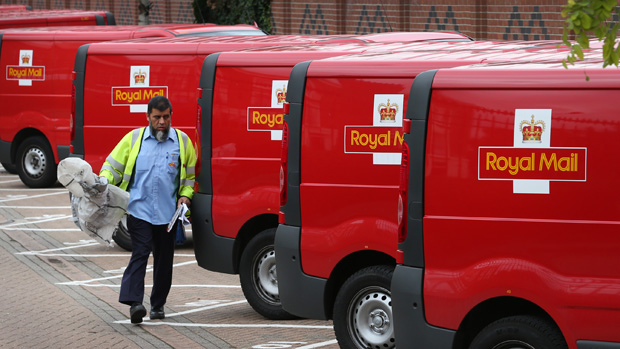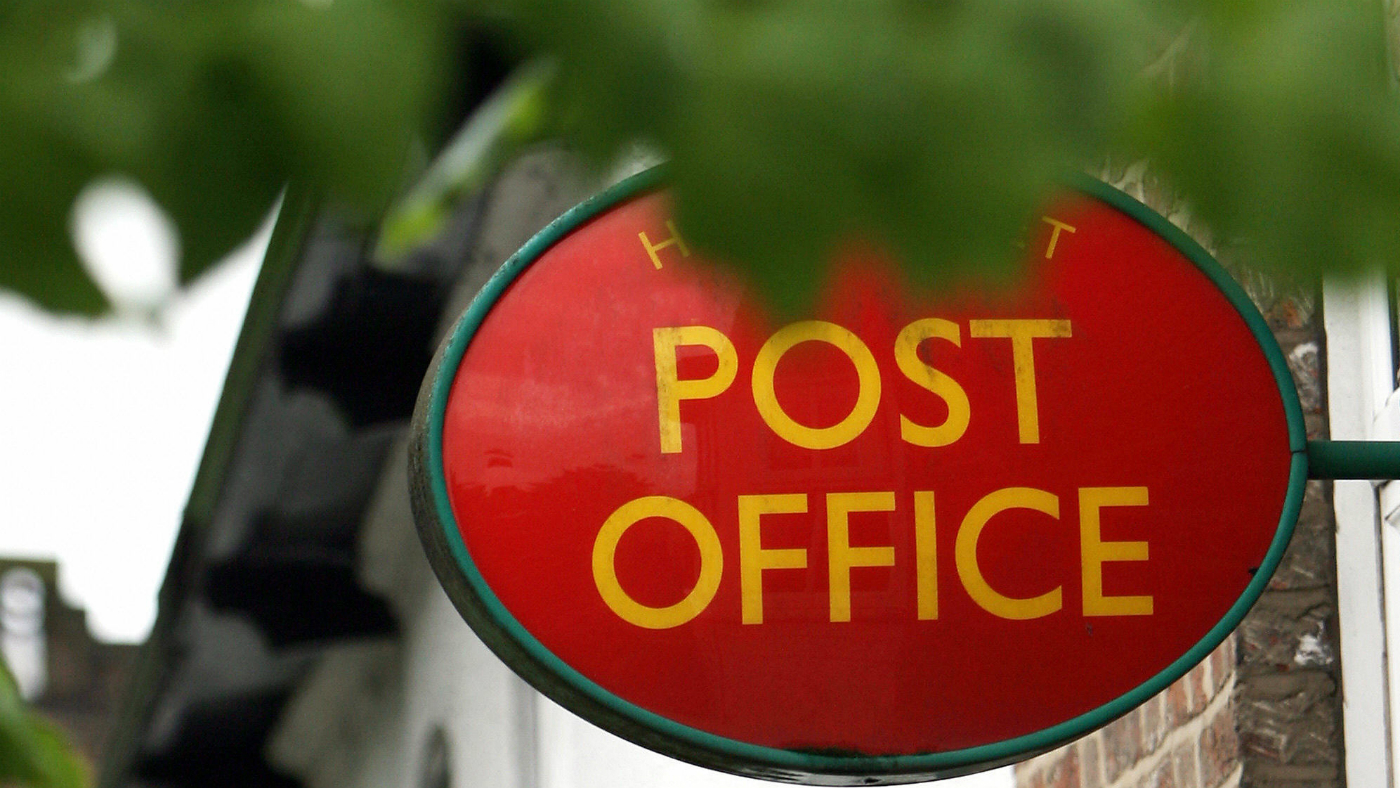Royal Mail at 500: Five facts about the postal service
With special events planned to mark the anniversary, here are some stories from its unusual history

A free daily email with the biggest news stories of the day – and the best features from TheWeek.com
You are now subscribed
Your newsletter sign-up was successful
The Royal Mail is celebrating 500 years of its postal service by recreating the days of horse-drawn mail coaches.
A carriage, accompanied by the men and women who deliver today's mail, is following a historic delivery route in the four capitals of the UK. The carriage has already travelled through Cardiff and Edinburgh and will be travelling through Belfast's city centre on Saturday 11 June. A big finale will be held at the Guildhall in London on Saturday 18 June.
The special programme of events marks 500 years since Henry VIII knighted Brian Tuke, the first Master of the Posts, heralding the creation of the postal system as we know it.
The Week
Escape your echo chamber. Get the facts behind the news, plus analysis from multiple perspectives.

Sign up for The Week's Free Newsletters
From our morning news briefing to a weekly Good News Newsletter, get the best of The Week delivered directly to your inbox.
From our morning news briefing to a weekly Good News Newsletter, get the best of The Week delivered directly to your inbox.
Here are five surprising facts about the long history of the Royal Mail:
Royal-only mail
For more than 100 years after Sir Brian Tuke devised a regular postal system, the 'royal mail' was exactly that. The delivery service was only available to the royal household and the court, with messages relayed between palaces on horseback. It wasn't until 1635 that Charles I opened the King's Posts to the general public.
Theatrical device
A free daily email with the biggest news stories of the day – and the best features from TheWeek.com
In 1782, Bath theatre owner John Palmer suggested the Royal Mail could make use of horse-drawn coaches similar to the ones he used to transport actors and props between theatres. Despite some initial scepticism from postal officials, trial runs proved that mail coaches were much faster and more efficient than the individual horseback couriers still used at the time. Mail coaches remained the primary method of transporting letters until the arrival of the railways in the mid-19th century.
Catch the pigeon
Animals have long played a role in the Royal Mail, from the horses once used to transport letters to the 'mouser' cats employed to keep post rooms rodent-free. But it was the humble pigeon that distinguished itself during World War One, when thousands of the birds were pressed into service, delivering vital messages and often flying into enemy territory. In World War Two, 250,000 pigeons were used for communications, of which 16 were awarded the newly created Dickin Medal for animals who helped the war effort.
Rocket speed
As mail transportation has evolved from horse to carriage to rail, it's understandable that a rocket engineer might get ideas about the next step in postal delivery. After failing to interest postmasters in his home country, German engineer Gerhard Zucker came to England in 1834 to try and win the Royal Mail over with his plans for transporting letters via rocket. They weren't convinced, but Zucker continued to promote the idea until the 1970s, without success. A fatal accident at a rocket demonstration in 1964 resulted in West Germany imposing a ban on civilian rocket experimentation.
Spend a penny
Even two hundred years after Charles I opened the postal service to the public, the expense of using it meant mail remained the preserve of the wealthy. This all changed in 1840, when the Royal Mail stopped charging by distance and instead introduced the Penny Black. The first ever stamp, it slashed the costs of postage to the point where all but the very poorest could afford to use the post. And they did – in 1839, only 67 letters were processed by the Royal Mail, but five years later the number had ballooned to 170 million, permanently revolutionising the country's relationship with the postal service.
-
 The Olympic timekeepers keeping the Games on track
The Olympic timekeepers keeping the Games on trackUnder the Radar Swiss watchmaking giant Omega has been at the finish line of every Olympic Games for nearly 100 years
-
 Will increasing tensions with Iran boil over into war?
Will increasing tensions with Iran boil over into war?Today’s Big Question President Donald Trump has recently been threatening the country
-
 Corruption: The spy sheikh and the president
Corruption: The spy sheikh and the presidentFeature Trump is at the center of another scandal
-
 Street without post for six months after dog bite
Street without post for six months after dog bitefeature And other stories from the stranger side of life
-
 Royal Mail set for Christmas strike chaos
Royal Mail set for Christmas strike chaosSpeed Read More woe for beleaguered postal service, which is battling slumping letter volumes and boardroom upheaval
-
 Can anything halt Royal Mail’s decline?
Can anything halt Royal Mail’s decline?Speed Read Bigger than expected decline in letters volume sends shares tumbling 18%
-
 Posties' warning over 'unacceptable' dog attacks
Posties' warning over 'unacceptable' dog attacksIn Depth Seven Royal Mail workers injured by uncontrolled pets every day
-
 When are the last post dates for Christmas 2019?
When are the last post dates for Christmas 2019?Speed Read Don't miss the deadlines for sending your cards and parcels